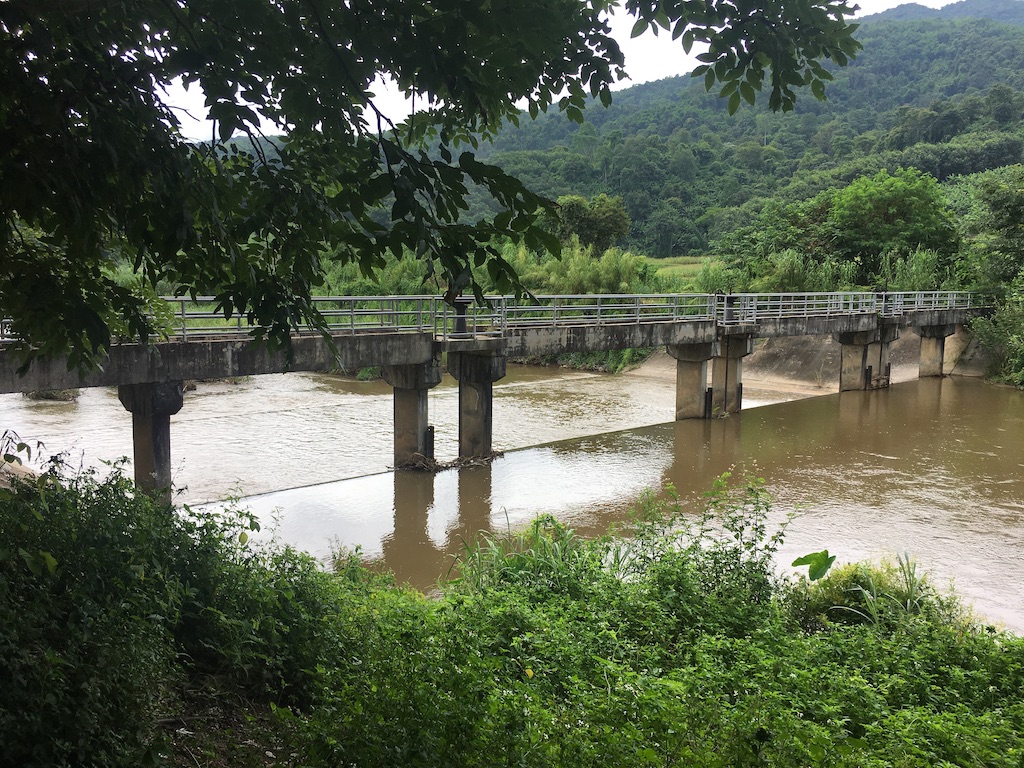A LuceSEA grant to Michigan State University will help launch the Mekong Culture WELL project, an interdisciplinary research and education effort that aims to better understand the effects of political volatility, development, and climate change on the Lower Mekong River Basin. The project will be a truly collaborative endeavor, bringing together faculty from the sciences and the humanities, as well as partner institutions and individuals in Southeast Asia, to study current and future impacts on the environment and peoples of the Mekong region.
A Michigan State University interdisciplinary team of faculty and staff is working to foster environmental justice in Southeast Asia. The Henry Luce Foundation’s Initiative on Southeast Asia, or LuceSEA, is providing $1 million in funding to help create the Mekong Culture WELL project.
The Lower Mekong River Basin in mainland Southeast Asia is home to 60 million people in five countries — Laos, Myanmar, Thailand, Cambodia and Vietnam — with globally significant and diverse cultures, environments and economies. Political volatility, climate change and development pressures such as hydropower damming are challenging WELL (water, ecology, land and livelihoods) security in the region.
“We are grateful for the partnership of the Luce Foundation, which will help us expand work that is critical to forging sustainable and just futures in Southeast Asia and beyond,” said MSU President Samuel L. Stanley Jr., M.D. “MSU has long been a leader in seeking to meld science with humanities and the lived experiences of local communities. As in Michigan and around the world, indigenous communities in Southeast Asia have been profoundly affected by ongoing transformations to their environments, yet their critical leadership and perspectives have been overlooked for too long.”
The Mekong Culture WELL project will develop resources to build on and support MSU’s interdisciplinary education and research.
Sign up for updates
Explore Themes and Ideas































































